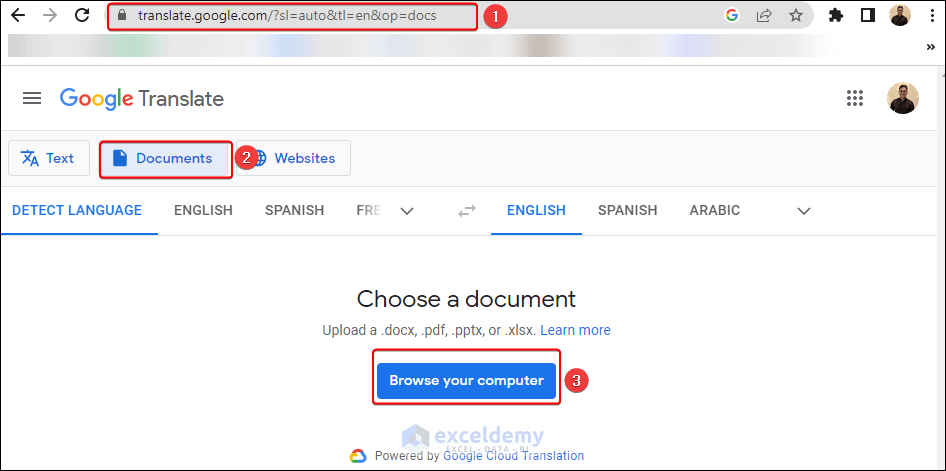File Dissolution Paperwork in SC: When and How?

The process of dissolving a business in South Carolina can be a multifaceted task that requires careful attention to both legal procedures and administrative details. Whether you're closing a small LLC or shutting down a large corporation, understanding when and how to file dissolution paperwork is essential to avoid legal repercussions and to ensure all obligations are met.
When Should You Dissolve Your Business?

Dissolution isn't just a matter of closing up shop; it's a formal process that addresses several key situations:
- Voluntary Dissolution - You decide to end operations either because the business has served its purpose, financial performance isn't meeting expectations, or personal reasons dictate a change in life direction.
- Involuntary Dissolution - This can occur if the state intervenes due to non-compliance with statutory requirements, tax delinquencies, or creditor issues.
- Administrative Dissolution - The Secretary of State dissolves a business for failing to file the required annual reports or not maintaining a registered agent.
- Court-Ordered Dissolution - In cases of business disputes, legal or financial mismanagement, or if dissolution is deemed beneficial for creditors, shareholders, or other interested parties, a court can order the business to be dissolved.
How to Dissolve Your Business in SC

The steps to dissolve your business in South Carolina include several key actions:
1. Hold a Meeting or Take a Written Consent

Begin the process by either holding a formal meeting of your business’s governing body or obtaining written consent from all members or shareholders:
- For LLCs: Members must vote or consent in writing to dissolve.
- For Corporations: Shareholders must vote at a meeting or provide written consent.
2. Notify Relevant Parties

Notifying all stakeholders is crucial:
- Inform creditors, employees, and any other interested parties about the intention to dissolve.
- Publish a notice in a newspaper of general circulation for three consecutive weeks.
3. File Articles of Dissolution

File Articles of Dissolution with the South Carolina Secretary of State’s office:
- For an LLC, file the “Articles of Dissolution” (Form CL-108).
- For a corporation, use the “Articles of Dissolution” (Form CL-108C) for non-stock corporations, or (Form CL-107) for stock corporations.
4. Notify the IRS

If your business has an Employer Identification Number (EIN), notify the IRS by filing:
- Form 966, “Corporate Dissolution or Liquidation” if you are a corporation.
- File the final federal tax return, paying any taxes due.
5. Settle Debts and Claims

One of the most critical steps involves settling all business debts and resolving any outstanding claims:
- Pay off or make arrangements for debts to creditors.
- Handle any outstanding lawsuits or claims against the company.
6. Cancel Business Licenses and Permits

Revoke all business licenses, permits, and any other governmental authorizations. This includes:
- Business licenses issued by local authorities.
- Permits related to specific business activities.
7. Distribute Remaining Assets

Once all liabilities have been addressed, remaining assets are distributed:
- As per the operating agreement or bylaws for LLCs and corporations.
8. Finalize Dissolution

After completing all required steps:
- Ensure all filings have been made.
- The business is officially dissolved, and you can close any remaining business accounts.
Final Thoughts

Dissolving a business in South Carolina requires meticulous attention to detail and adherence to both federal and state regulations. Whether the decision to dissolve is voluntary or necessitated by external forces, following the prescribed process ensures that all parties are dealt with fairly, and all legal obligations are met. Proper dissolution protects both your business's reputation and the personal liability of its owners or directors. By understanding when dissolution might be appropriate and how to proceed with the paperwork, you can navigate this complex process with confidence and legality.
What happens if I fail to file dissolution paperwork?

+
Failing to file dissolution paperwork can result in administrative dissolution by the state, leading to penalties, personal liability for business debts, and potential legal issues.
Can I reinstate my dissolved business in SC?

+
Yes, you can reinstate your dissolved business in South Carolina within a certain timeframe by filing reinstatement paperwork and addressing any reasons for the dissolution.
How do I notify creditors of the dissolution?
+You must inform creditors in writing, providing them with the business’s notice of intent to dissolve, details on how to file claims, and the deadline for submitting these claims.



